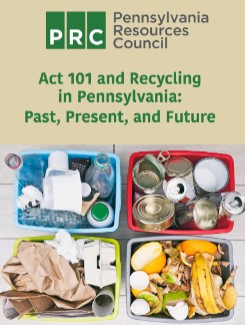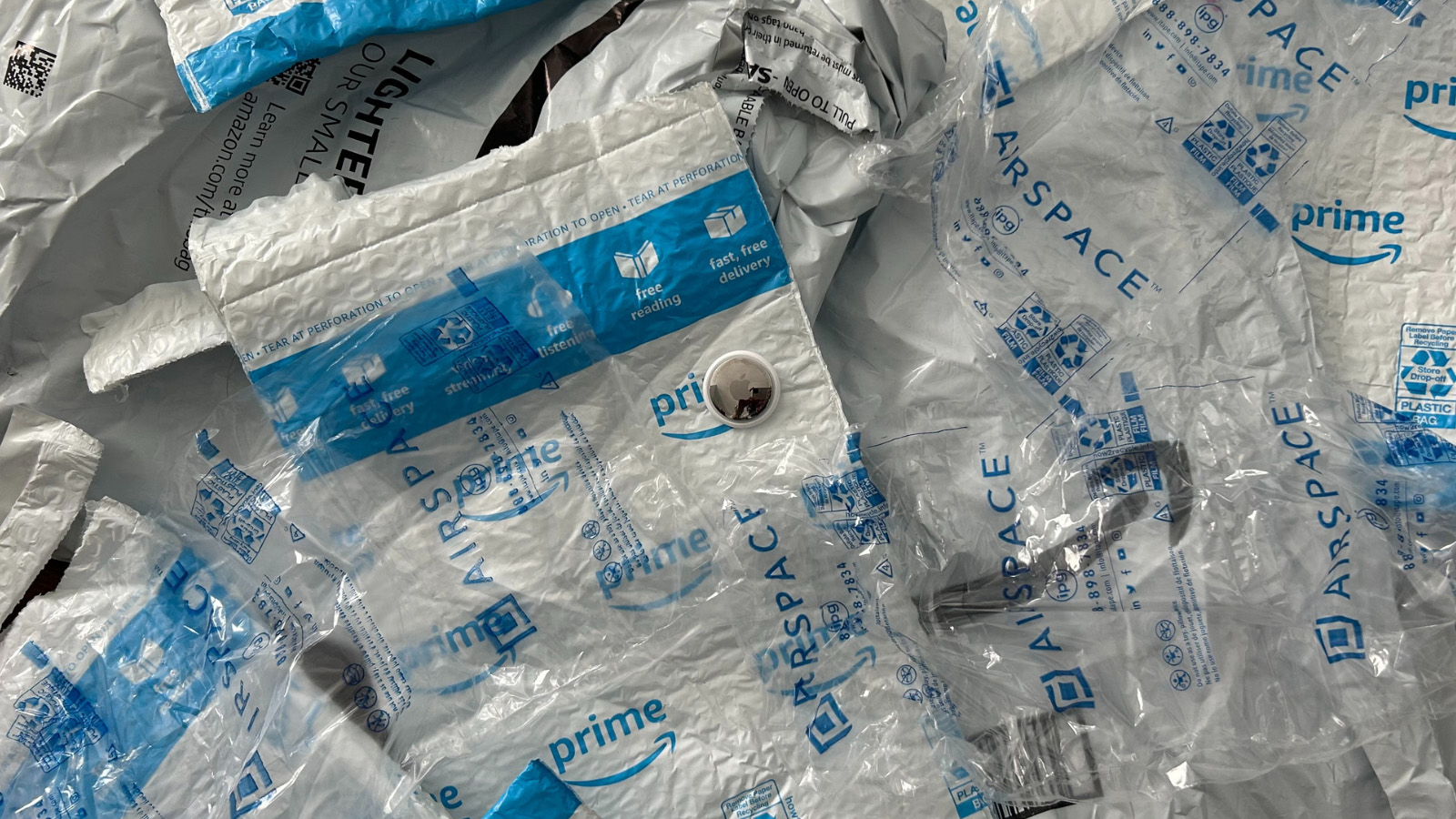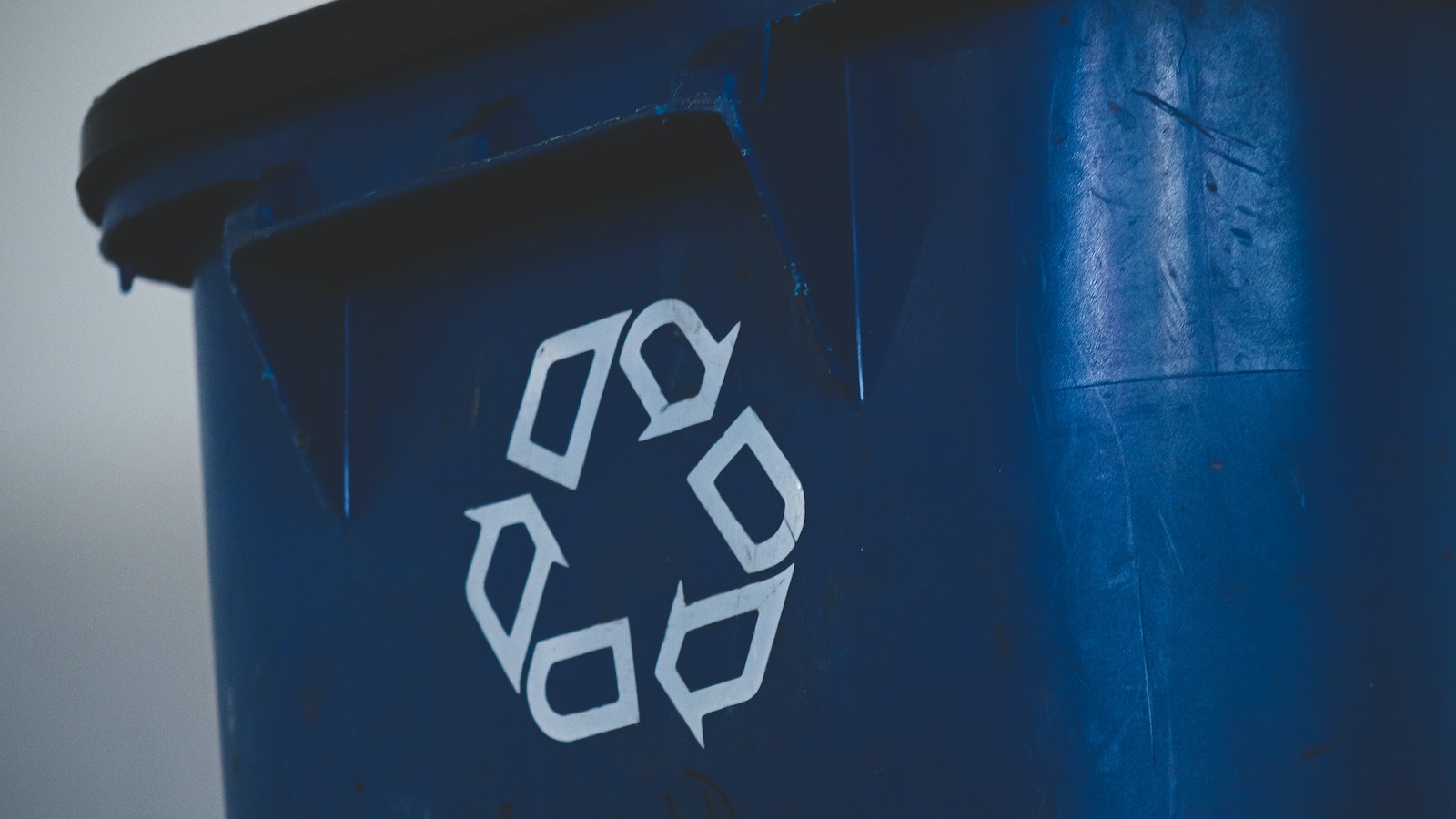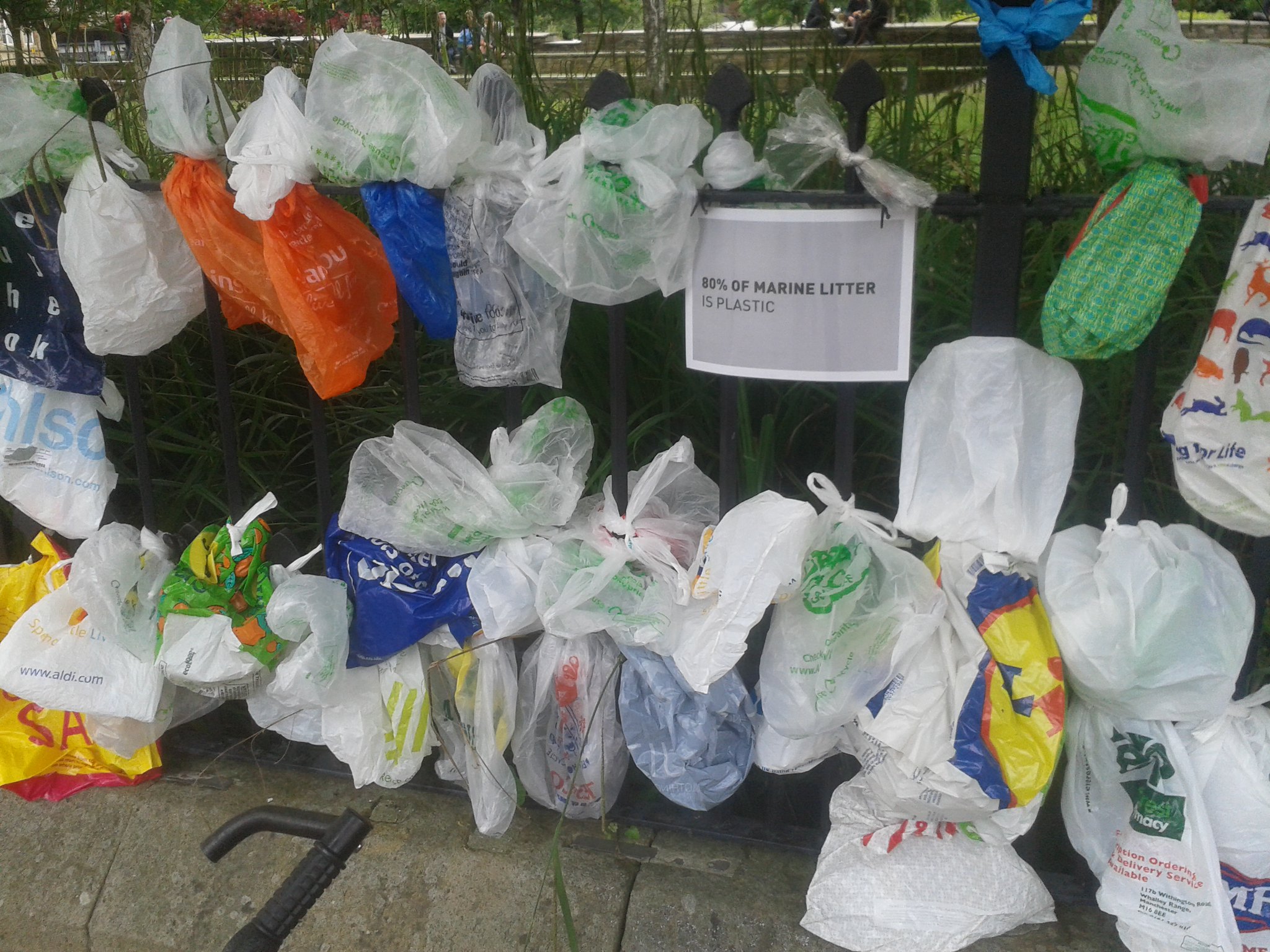Letter in Support of Electronic Waste Recycling
PennEnvironment's letter of support for HB 1607, expanding e-waste recycling in Pennsylvania
Downloads
Dear Legislator,
We’re writing in support of House Bill 1607, Representative Lisa Borowski’s legislation to improve, enhance, and update Pennsylvania’s electronic waste programs and infrastructure.
E-waste is the fastest growing portion of the municipal waste stream as consumers dispose of more phones, televisions, computers, and electronic devices every year. There has been a 42% increase in e-waste generated since 2000. And while e-waste represents only part of the trash in landfills, it contains a disproportionate amount of heavy metals like lead and other toxic materials, posing a danger to our health and the health of our environment.
Yet Pennsylvania’s current electronic waste recycling law has proven to be woefully inadequate in addressing the massive amounts of e-waste in the commonwealth. There exist numerous burdens that make it hard for well-intentioned Pennsylvanians to recycle their old electronic equipment, from limited drop-off locations to expensive drop-off fees. Given this, maybe it shouldn’t be surprising that only 30% of all electronic waste is recycled each year, leading to almost 28 million tons of e-waste ending up in the nation’s landfills or incinerators each year. Sadly it’s far too common to come across a flat screen television that has been short-dumped in an empty city lot in a Philadelphia neighborhood, or dumped onto an unsuspecting rural roadside or forest. This is emblematic of the ways that bad actors commonly illegally dump their e-waste due to the challenges that they face disposing of it legally and in an environmentally sound manner.
Electronic waste is chock-full of high-value minerals that would be much better to recycle and reuse instead of sending to landfills and incinerators like gold, copper, platinum, and silver. In fact, it’s estimated that $57 billion worth of high value metals and minerals contained in e-waste is dumped or burned instead of captured and recycled each year. From exorbitant drop-off fees to limited drop-off locations, the difficulty with recycling e-waste leads to more expensive electronics and a lack of available resources.
That’s why we need to update Pennsylvania’s e-waste recycling law and programs. HB 1607 will achieve this goal by increasing funding for e-waste recycling programs, increasing the number of e-waste recycling drop-off locations, and reducing drop-off fees. This legislation is based off of best practices and the most effective e-waste laws across the country.
It’s time to tackle the threat of electronic waste once and for all. Let’s make Pennsylvania a national leader in the fight to rein in e-waste.
More Resources
Testimony in Support of HB 1607: Expanding E-Waste Recycling in Pennsylvania

Act 101 and Recycling in Pennsylvania: Past, Present, and Future
Topics
Authors
Faran Savitz
Zero Waste Advocate, PennEnvironment
Faran works on PennEnvironment’s Zero Waste program, working to reduce plastic waste in Pennsylvania and to protect our parks and open spaces. Faran’s work has included helping to write and pass bans on single-use plastic across Pennsylvania, including in Philadelphia, promoting the Zero Waste PA package of legislation, protecting major conservation laws like the Land and Water Conservation Fund, and publishing the report “Microplastics in Pennsylvania,” which was the result of a project testing more than 50 Pennsylvania waterways for microplastic pollution.
Find Out More

Truth in recycling
Testimony in Support of HB 1607: Expanding E-Waste Recycling in Pennsylvania

Letter in Support of Increased Funding for Recycling

